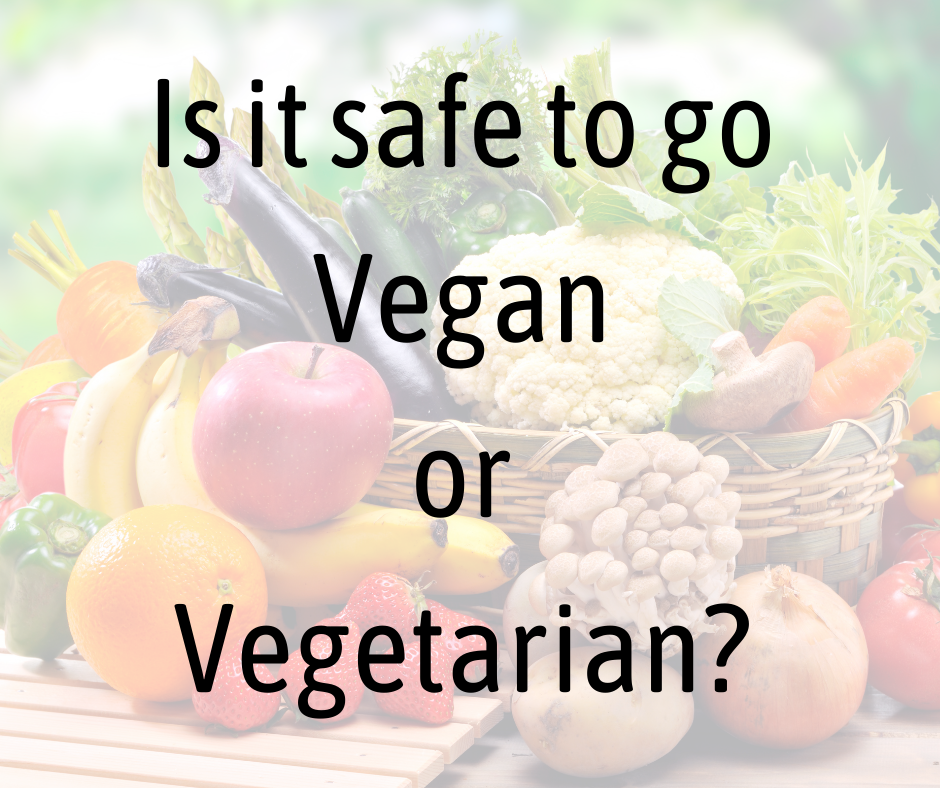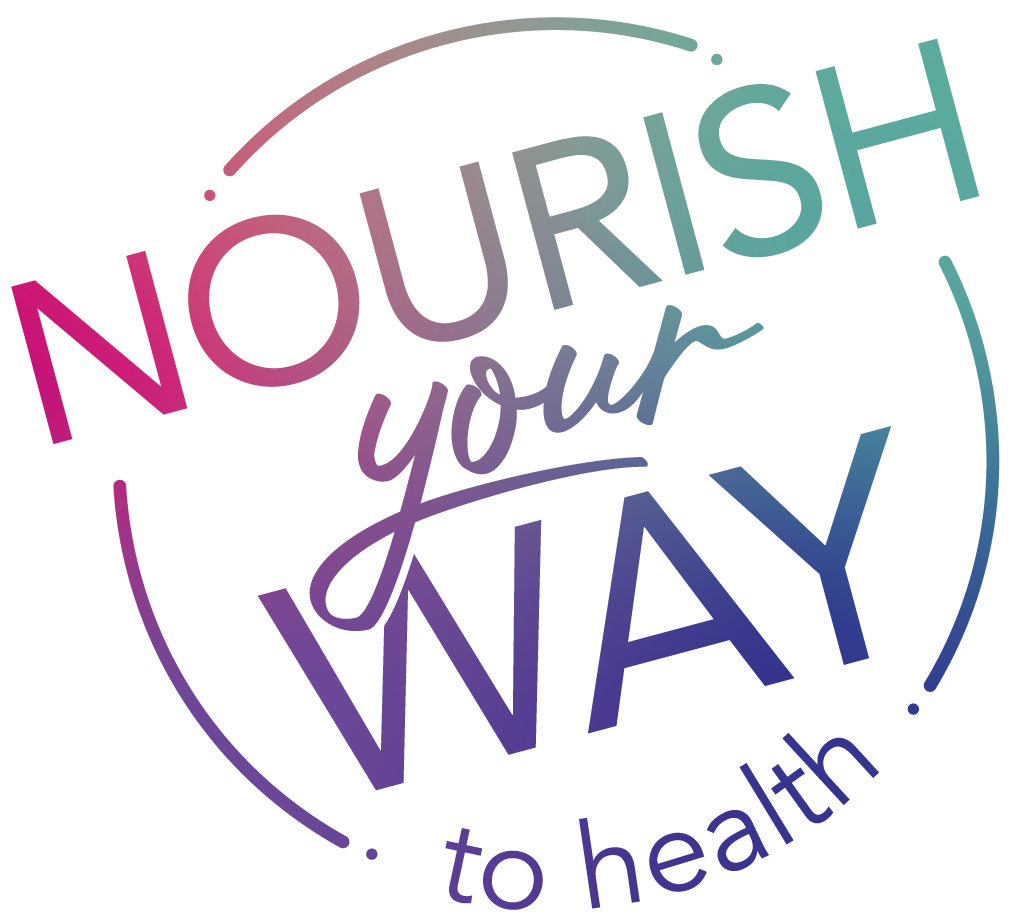
What is a Vegan vs Vegetarian Diet?
This sentence comes straight out of the National Library of Medicine (PUB MED Central): While several studies have shown that a vegan diet (VD) decreases the risk of cardiometabolic diseases, such as cardiovascular disease, type 2 diabetes mellitus, obesity, and non-alcoholic fatty liver disease, veganism has been associated with adverse health outcomes, namely, nervous, skeletal, and immune system impairments, hematological disorders, as well as mental health problems due to the potential for micro and macronutrient deficits.
Vitamins and minerals missing in a vegan or vegetarian diet
Yes, it’s true, protein, calcium, iron, and omega-3 can be found in plant-based foods but how it’s processed is different. Vegetarians who consume eggs and dairy will tend to get more essential omega-3, but in many cases not enough.
For example fish oil (Omega 3) has three types.
OMEGA 3-FATTY ACIDS:
DHA (docosahexaenoic acid), EPA (eicosapentaenoic acid), and ALA (alpha-linolenic acid) are three important types of omega-3 fatty acids commonly found in fish oil and other sources.
DHA (Docosahexaenoic Acid): DHA is a long-chain omega-3 fatty acid that is crucial for brain and eye health. It is a major structural component of the human brain, cerebral cortex, skin, and retina. DHA is vital for cognitive function, and adequate levels are associated with reduced risk of neurodegenerative diseases.
EPA (Eicosapentaenoic Acid): EPA is another long-chain omega-3 fatty acid known for its anti-inflammatory properties. It plays a key role in reducing inflammation throughout the body, which can help manage conditions such as heart disease, arthritis, and depression. EPA is also involved in the production of signaling molecules called eicosanoids, which are crucial for immune function and other physiological processes.
ALA (Alpha-Linolenic Acid): ALA is a short-chain omega-3 fatty acid found primarily in plant-based sources such as flaxseeds, chia seeds, and walnuts. The body can convert ALA into EPA and DHA, but this conversion process is relatively inefficient, with only a small percentage of ALA being transformed into the longer-chain fatty acids. Nonetheless, ALA is essential for maintaining overall health and must be obtained through the diet.
Fish oil supplements are popular for their high concentrations of DHA and EPA, which are less readily available in plant-based foods. These omega-3 fatty acids are essential for cardiovascular health, cognitive function, and reducing inflammation.
B12:
Vitamin B12, also known as cobalamin, is essential for nerve function, red blood cell formation, and DNA synthesis. The best sources of B12 are primarily animal-based, including meat, fish, poultry, eggs, and dairy products. Among these, organ meats like liver and kidney, as well as shellfish like clams and sardines, are particularly rich in B12.
Ensuring a person includes enough vitamin B-12 in their diet is essential for optimum health. The health benefits of the vitamin include:
- the formation and division of red blood cells
- protecting the nervous system
- synthesizing a person’s DNA
- providing the body with energy
For individuals following a vegan or vegetarian diet, fortified foods such as plant-based milk, breakfast cereals, and nutritional yeast can provide B12. Additionally, B12 supplements are available and often recommended to ensure adequate intake, especially for those who may not consume enough through diet alone. Regular monitoring of B12 levels is important, as deficiencies can lead to anemia, neurological issues, and other health problems.
VITAMIN D:
Vitamin D is essential for overall health, playing a critical role in bone health, immune function, and cellular processes. It helps the body absorb calcium, which is necessary for maintaining strong bones and teeth, reducing the risk of fractures and conditions like osteoporosis. Beyond bone health, vitamin D supports the immune system, helping to protect against infections and diseases.
Vitamin D comes in two main forms: D2 (ergocalciferol) and D3 (cholecalciferol). Both types are essential for maintaining healthy levels of vitamin D in the body, but they differ in their sources, effectiveness, and how they are processed by the body.
Source:
- Vitamin D2 (ergocalciferol): This form is primarily found in plant-based sources, such as mushrooms exposed to sunlight and fortified foods.
- Vitamin D3 (cholecalciferol): This form is naturally found in animal-based sources like fatty fish, liver, and egg yolks. It is also produced by the skin when exposed to sunlight.
Effectiveness:
- Vitamin D2: While it is effective in raising vitamin D levels, it is generally considered less potent and has a shorter duration of action in the body compared to D3.
- Vitamin D3: This form is more effective at raising and maintaining vitamin D levels in the bloodstream, making it the preferred choice for supplementation.
Absorption and Conversion:
- Both D2 and D3 are converted into the active form of vitamin D (calcitriol) in the liver and kidneys, but D3 is more efficiently converted, leading to higher and more sustained levels of active vitamin D in the body.
Due to these differences, vitamin D3 is often recommended as the more effective form for supplementation, particularly in cases of deficiency.
IRON:
Doctors I follow who add animal protein to their own diets
1. Dr. Terry Wahls: Changed from a vegetarian diet to a high nutritional paleo-based diet and healed herself out of wheelchair with MS
2. Dr. Mark Hyman: Invented the “Pagan Diet” (Paleo and Vegan equal Pagan). He stresses a combo of the two.
3. Dr. Josh Axe: He believes using food as natural remedies for ailments and conditions, and he will show the scientific evidence behind why eating foods like coconut, bone broth, wild-caught fish, fermented vegetables and leafy greens are essential to a healing diet.



More doctors who I follow who add animal protein to their diets
4. Dr. Jockers: is a doctor of natural medicine and specializes in functional nutrition and natural health strategies.
5. Dr. Daniel G. Amen: Dr. Daniel Amen’s mission is end mental illness by creating a revolution in brain health. He is dedicated to providing the education, products, and services to accomplish this goal.
6. Dr. Andrew Weil: An internationally recognized expert on medicinal plants, alternative medicine, and the reform of medical education.



From my research over many years, I have found that less than 10% of vegans or vegetarians can thrive over a long period of time unless they are getting the right amounts of missing nutrients as stated above. Many can use supplements to get the right amounts. This way of eating must be planned carefully to ensure that the body is being nourished efficiently. Proper amounts of calcium, iodine, and zinc are a few other minerals that could be missing if a person doesn’t consume animal products.
It’s always my goal to publish great information on how to live your best life!
Adrienne
x o
Nourish Your Way – The Cookbook has many delicious animal-based proteins!
The Path to Reverse Multiple Sclerosis – paperback
The Autoimmune Summit – An online summit coming January 2015!
MS Warrior
Reverse multiple sclerosis
